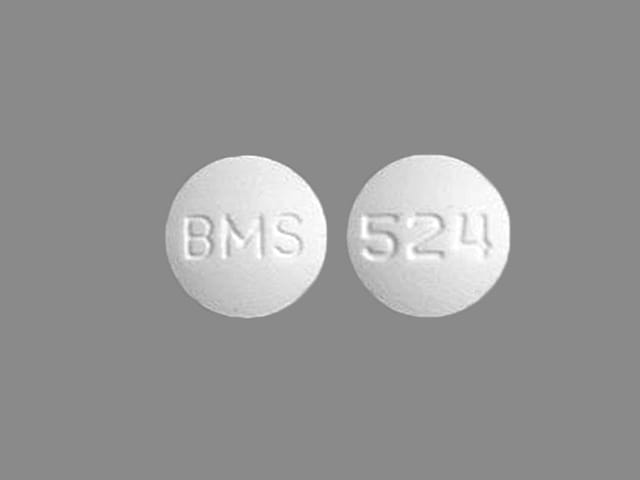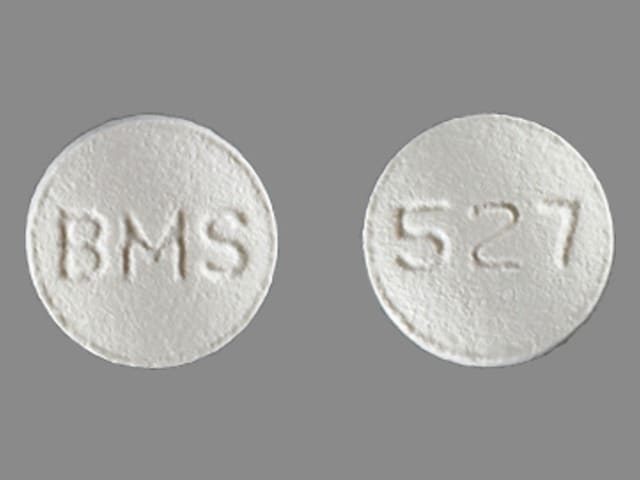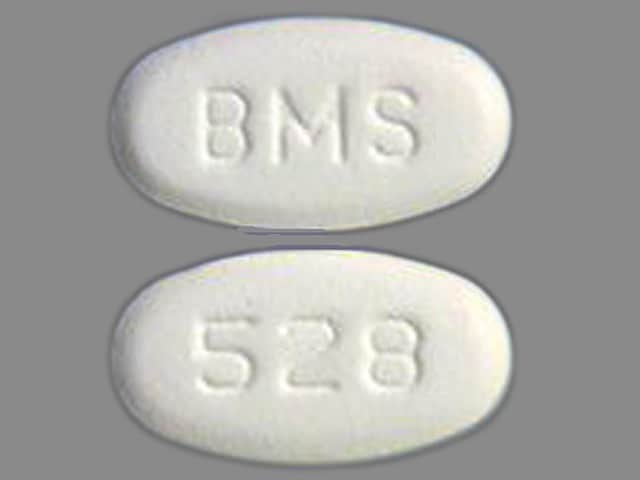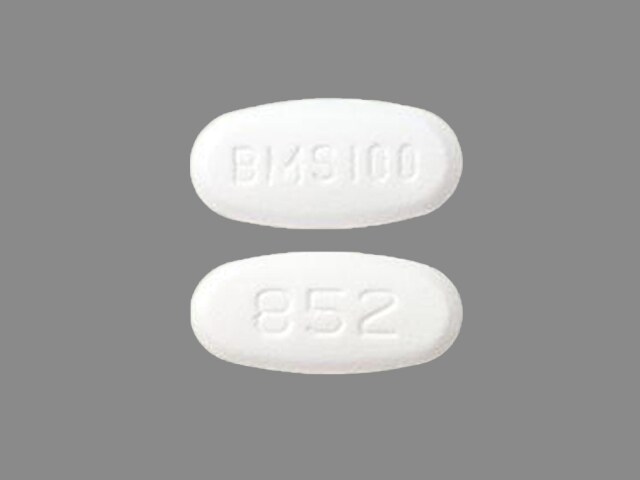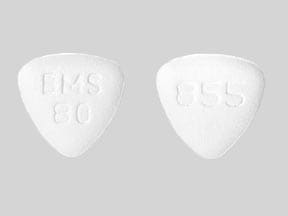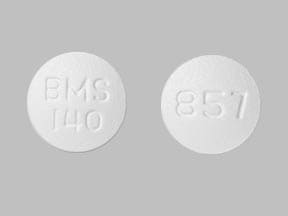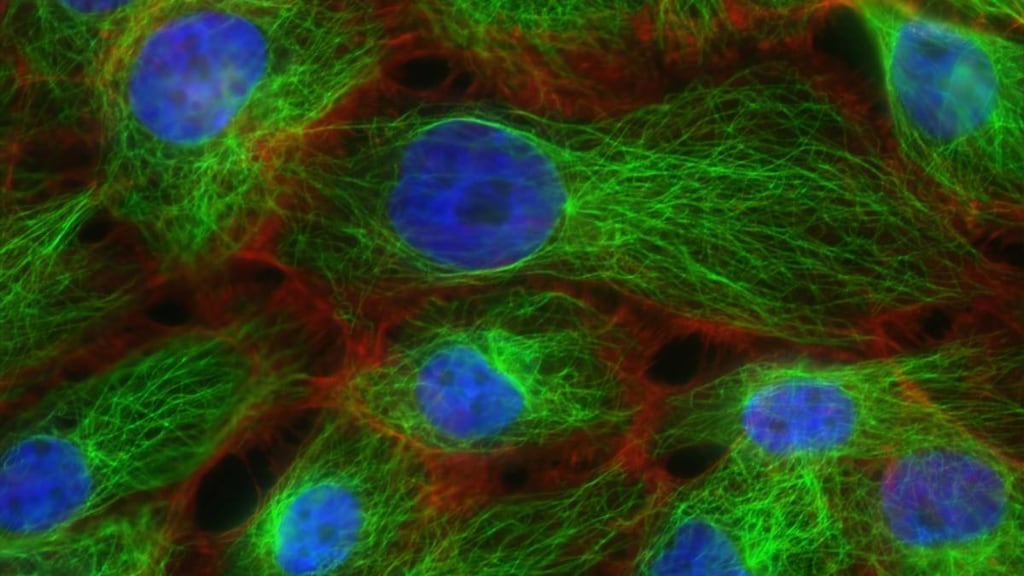What is Sprycel?
Sprycel is a prescription medicine used to treat:
- adults with newly diagnosed Philadelphia chromosome-positive (Ph+) chronic myeloid leukemia (CML) in chronic phase.
- adults with Ph+ CML who no longer benefit from, or did not tolerate, other treatment, including Gleevec® (imatinib mesylate).
- adults with Ph+ acute lymphoblastic leukemia (Ph+ ALL) who no longer benefit from, or did not tolerate, other treatment.
- children 1 year of age and older with Ph+ CML in chronic phase.
- children 1 year of age and older with newly diagnosed Ph+ ALL in combination with chemotherapy.
What should I tell my healthcare provider before taking Sprycel?
Before taking Sprycel, tell your healthcare provider about all of your medical conditions, including if you:
- have problems with your immune system
- have heart problems, including a condition called congenital long QT syndrome
- have low potassium or low magnesium levels in your blood
- are lactose (milk sugar) intolerant
- are pregnant or plan to become pregnant. Sprycel can harm your unborn baby. You should not become pregnant during treatment with Sprycel. If you are able to become pregnant, you should use effective birth control during treatment and for 30 days after your final dose of Sprycel. Talk to your healthcare provider right away if you become pregnant or think you may be pregnant during treatment with Sprycel.
- are breastfeeding or plan to breastfeed. It is not known if Sprycel passes into your breast milk. You should not breastfeed during treatment and for 2 weeks after your final dose of Sprycel.
Tell your healthcare provider about all the medicines you take, including prescription and over-the-counter medicines, vitamins, antacids, and herbal supplements. If you take an antacid medicine, take it 2 hours before or 2 hours after your dose of Sprycel.
How should I take Sprycel?
- Take Sprycel exactly as your healthcare provider tells you to take it.
- Your healthcare provider may change your dose of Sprycel or temporarily stop treatment with Sprycel. Do not change your dose or stop taking Sprycel without first talking to your healthcare provider.
- Take Sprycel 1 time a day.
- Take Sprycel with or without food, either in the morning or in the evening.
- Swallow Sprycel tablets whole. Do not crush, cut or chew the tablets.
- If your child cannot swallow tablets whole, talk with your healthcare provider.
- You should not drink grapefruit juice during treatment with Sprycel.
- If you miss a dose of Sprycel, take your next scheduled dose at your regular time. Do not take two doses at the same time.
- If you take too much Sprycel, call your healthcare provider or go to the nearest hospital emergency room right away.
What are the possible side effects of Sprycel?
Sprycel may cause serious side effects, including:
- Low blood cell counts. Low blood cell counts are common with Sprycel and can be severe, including low red blood cell counts (anemia), low white blood cell counts (neutropenia), and low platelet counts (thrombocytopenia). Your healthcare provider will do blood tests to check your blood cell counts regularly during your treatment with Sprycel. Call your healthcare provider right away if you have a fever or any signs of an infection during treatment with Sprycel.
- Bleeding problems. Bleeding problems are common with Sprycel. Sometimes these bleeding problems can be serious and lead to death. Call your healthcare provider right away if you have:
- unusual bleeding or bruising of your skin
- bright red or dark tar-like stools
- decreased alertness, headache, or change in speech
- Your body may hold too much fluid (fluid retention). Fluid retention is common with Sprycel and can sometimes be severe. In severe cases, fluid may build up in the lining of your lungs, the sac around your heart, or your stomach cavity. Call your healthcare provider right away if you get any of these symptoms during treatment with Sprycel:
- swelling all over your body
- weight gain
- shortness of breath, especially if this happens with low levels of physical activity or at rest
- dry cough
- chest pain when taking a deep breath
- Heart problems. Sprycel may cause an abnormal heart rate, heart problems, or a heart attack. Your healthcare provider will monitor the potassium and magnesium levels in your blood, and your heart function.
- Pulmonary Arterial Hypertension (PAH). Sprycel may cause high blood pressure in the vessels of your lungs. PAH may happen at any time during your treatment with Sprycel. Your healthcare provider should check your heart and lungs before and during treatment with Sprycel. Call your healthcare provider right away if you have shortness of breath, tiredness, or swelling all over your body (fluid retention).
- Severe skin reactions. Sprycel may cause skin reactions that can sometimes be severe. Get medical help right away if you get a skin reaction with fever, sore mouth or throat, or blistering or peeling of your skin or in the mouth.
- Tumor Lysis Syndrome (TLS). TLS is caused by a fast breakdown of cancer cells. TLS can cause you to have kidney failure and the need for dialysis treatment, and an abnormal heartbeat. Your healthcare provider may do blood tests to check you for TLS. Call your healthcare provider or get emergency medical help right away if you develop any of these symptoms during treatment with Sprycel:
- nausea
- vomiting
- weakness
- swelling
- shortness of breath
- muscle cramps
- seizures
- Slowing of growth and development in children. Effects on bone growth and development in children have happened with Sprycel and can sometimes be severe. Your healthcare provider will monitor your child’s bone growth and development during treatment with Sprycel. Get medical help right away if your child develops bone pain.
The most common side effects of Sprycel in adults and children receiving Sprycel alone include:
- diarrhea
- headache
- skin rash
- shortness of breath
- tiredness
- nausea
- muscle pain
The most common side effects of Sprycel in children receiving Sprycel with chemotherapy include:
- swelling, pain and redness of the lining of your mouth, throat, stomach and bowel (mucositis)
- low white blood cell counts with fever
- fever
- diarrhea
- nausea
- vomiting
- muscle pain
- stomach (abdominal) pain
- cough
- headache
- rash
- tiredness
- constipation
- abnormal heart rate
- high blood pressure (hypertension)
- swelling
- infections
- low blood pressure
- decreased appetite
- allergic reactions
- shortness of breath
- nose bleed
- numbness or tingling of your hands and feet
- feeling confused or disoriented
Sprycel may cause fertility problems in males and females. Talk to your healthcare provider if this is a concern for you.
Tell your healthcare provider if you have any side effect that bothers you or that does not go away. These are not all of the possible side effects of Sprycel.
Call your doctor for medical advice about side effects. You may report side effects to FDA at 1-800-FDA-1088.
Sprycel Images
General information about the safe and effective use of Sprycel
Medicines are sometimes prescribed for purposes other than those listed in a Patient Information leaflet. Do not use Sprycel for a condition for which it is not prescribed. Do not give Sprycel to other people even if they have the same symptoms you have. It may harm them. You can ask your healthcare provider or pharmacist for information about Sprycel that is written for health professionals.
How should I store Sprycel?
- Store Sprycel at room temperature between 68°F to 77°F (20°C to 25°C).
- Ask your healthcare provider or pharmacist about the right way to throw away expired or unused Sprycel.
- Wear latex or nitrile gloves when handling tablets that have accidentally been crushed or broken.
- Females who are pregnant should not handle crushed or broken Sprycel tablets.
Keep Sprycel and all medicines out of the reach of children.
What are the ingredients in Sprycel?
Active ingredient: dasatinib
Inactive ingredients: lactose monohydrate, microcrystalline cellulose, croscarmellose sodium, hydroxypropyl cellulose, and magnesium stearate. The tablet coating consists of hypromellose, titanium dioxide, and polyethylene glycol.
For more information, go to www.sprycel.com or call 1-800-332-2056.

